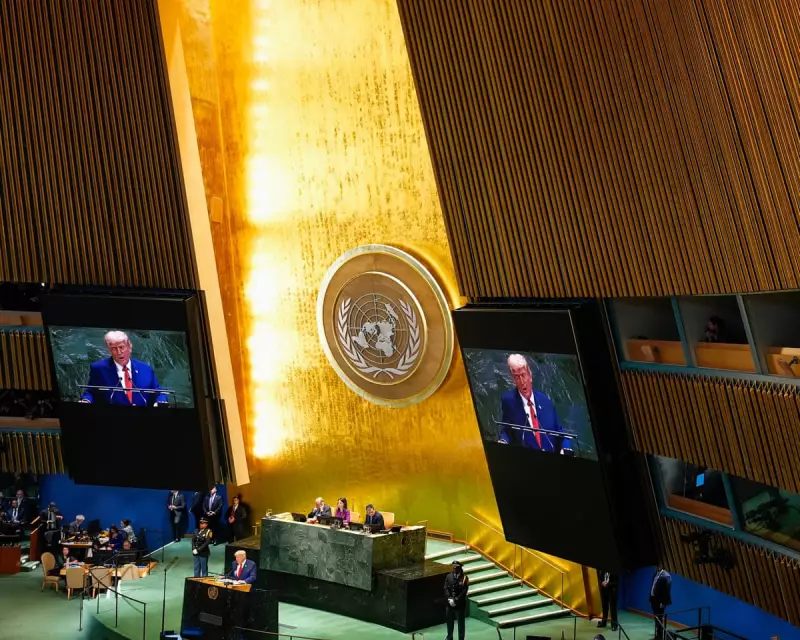
The spectre of Donald Trump's potential return to the White House is casting a long, dark shadow across European capitals, raising alarm bells about the very future of transatlantic alliances that have maintained continental security for generations.
A Fragile Atlantic Bridge
European diplomats and security experts are watching the American political landscape with growing trepidation. The possibility of a second Trump administration threatens to fundamentally reshape America's role on the global stage, potentially dismantling the NATO alliance that has been Europe's primary defence guarantee since the Cold War.
"We're facing the real prospect of America not just stepping back from its leadership role, but actively undermining the institutions it helped create," notes one senior European official who requested anonymity.
The Putin Factor
Perhaps most concerning for European security chiefs is Trump's longstanding admiration for Vladimir Putin. The former president's repeated praise for the Russian leader, coupled with his suggestion that he would encourage Russia to attack NATO members who don't meet spending targets, creates a nightmare scenario for frontline states.
Eastern European nations that border Russia feel particularly vulnerable. Without American commitment to NATO's collective defence principle, they would be left exposed to Russian aggression with limited capacity to respond alone.
Europe's Wake-Up Call
This looming crisis has sparked urgent conversations in Brussels, Berlin, and Paris about European strategic autonomy. The continent finds itself at a crossroads: can it develop independent military capability sufficient to deter Russian threats without American backing?
The challenges are monumental. Building coordinated European defence structures requires overcoming decades of reliance on US military power and navigating complex political differences between member states.
Defence Spending Dilemma
While many European nations have increased defence budgets following Russia's invasion of Ukraine, the gap between European and American military capability remains vast. Creating a truly independent European deterrent would require unprecedented coordination and financial commitment.
Democratic Values Under Threat
Beyond military concerns, European leaders worry about the erosion of democratic norms. Trump's attacks on democratic institutions and embrace of authoritarian leaders represent a fundamental challenge to the values that have underpinned the transatlantic relationship.
The potential alignment of American power with anti-democratic forces globally could create a world where authoritarianism gains legitimacy and democratic nations find themselves increasingly isolated.
The Road Ahead
As the American election approaches, European governments are engaged in contingency planning for multiple scenarios. Some are quietly building relationships with Trump allies, while others focus on strengthening European institutions as a buffer against potential American withdrawal.
What's clear is that the transatlantic relationship, once the bedrock of Western security, may never be the same again regardless of November's outcome. The certainty that characterised the post-war order has been replaced by profound uncertainty about America's global role.





